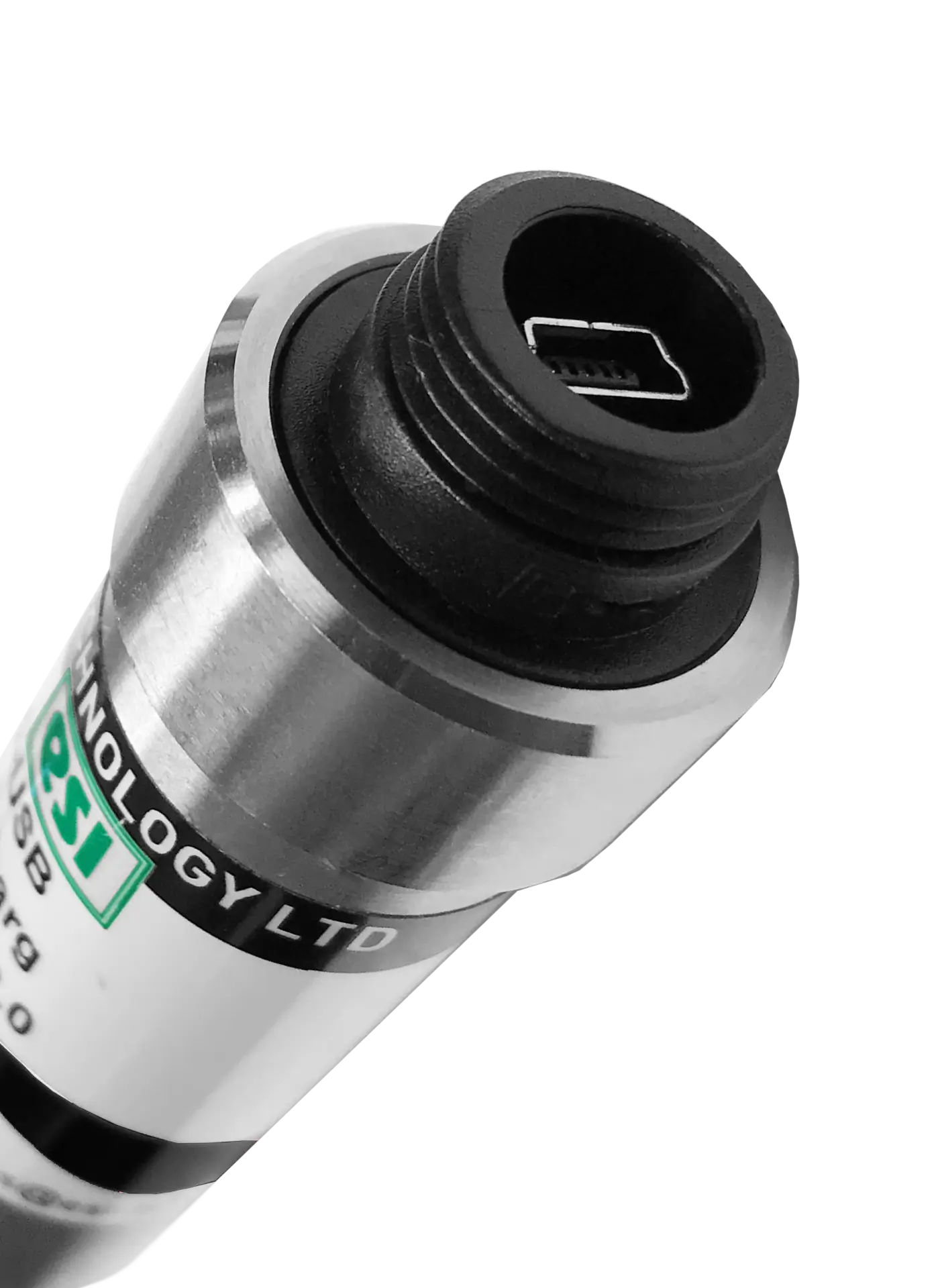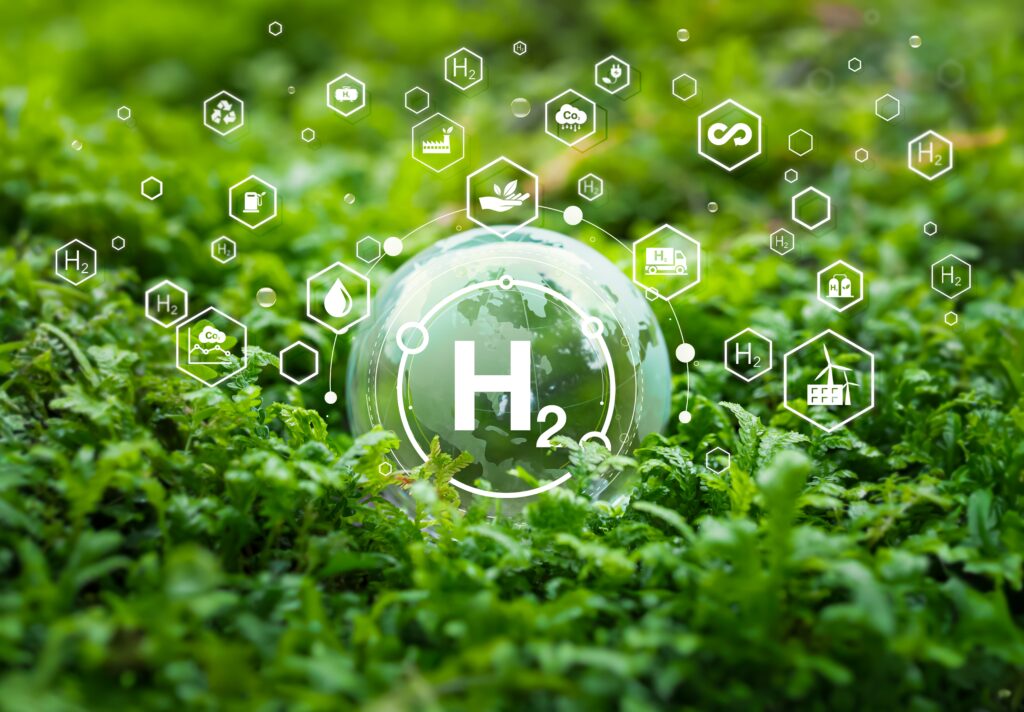Our Unit Converter
The ESI Unit converter allows you to quickly and easily access a conversion tool to work out your preferred unit of pressure measurement wherever you may be. Whether out on-site or in the office.

Download the ESI-USB© Software
The ESI-USB© software allows you to connect your ESI transducer to your laptop or PC and be up and running monitoring pressure data within ten minutes. The software auto-updates and is compatible with Windows 8, 10 & 11.

The Role of Pressure Transmitters in Green Energy Initiatives
As the world transitions towards greener energy sources, the role of precision instrumentation has become more critical than ever. Among these instruments, pressure transmitters stand out as essential components for monitoring, controlling, and optimising systems across various green energy sectors. From solar power plants to hydrogen production, pressure transmitters play a key role in ensuring efficiency, safety, and reliability. In this article, we explore how pressure transmitters contribute to green energy initiatives, the advanced technologies behind them, and the types of transmitters that are gaining prominence in this rapidly evolving industry.
Supporting Green Energy Systems with Pressure Measurement
The drive towards renewable energy relies on highly efficient and precise systems. Pressure transmitters are indispensable in monitoring processes and maintaining system integrity in the following green energy applications:
- Hydrogen Production and Distribution
Hydrogen is emerging as a cornerstone of clean energy. Pressure transmitters are critical in monitoring hydrogen production, storage, and transport, where maintaining safe pressure levels is vital to prevent leaks and ensure efficiency. Differential pressure transmitters are commonly used to monitor flow rates in electrolysers, while absolute pressure transmitters measure storage tank pressures to ensure system integrity.
- Wind Turbines
In wind turbines, hydraulic systems control blade pitch and braking mechanisms. Pressure transmitters monitor hydraulic pressure to ensure optimal performance and prevent failures. Their reliability in harsh, high-altitude environments is crucial for maintaining consistent power output.
- Solar Thermal Power Plants
Solar thermal power systems rely on heat transfer fluids, often operating under high pressure and temperatures. Pressure transmitters monitor the pressure of these fluids, helping to maximise efficiency and ensure safe operation. Robust materials and advanced sensing technologies are necessary to withstand these demanding conditions.
- Hydropower Plants
In hydropower, pressure transmitters measure water levels and flow rates, playing a critical role in optimising turbine operation. Differential pressure transmitters are particularly effective in monitoring water flow and ensuring consistent energy generation.
- Geothermal Energy
Geothermal plants harness heat from beneath the Earth’s surface, involving high-pressure steam and hot fluids. Pressure transmitters help monitor the extraction and flow of these fluids, ensuring system stability and environmental safety.
Advanced Pressure Sensor Technologies for Green Energy
The harsh and demanding environments of green energy applications require robust and advanced sensing technologies. One such innovation is silicon-on-sapphire (SoS) technology, which offers significant advantages over conventional pressure sensors.
What is Silicon-on-Sapphire Technology?
Silicon-on-sapphire sensors combine the mechanical strength of sapphire with the electrical properties of silicon. Sapphire, being a highly durable and non-reactive material, makes these sensors highly resistant to extreme temperatures, pressure spikes, and corrosive environments. This makes them ideal for green energy applications where conditions are often challenging.
Key Benefits of SoS Technology:
- High Accuracy: Exceptional precision ensures reliable data for optimising processes.
- Wide Operating Range: Suitable for extreme temperatures and pressures.
- Durability: Resistant to corrosion and wear, making them ideal for hydrogen and geothermal applications.
- Longevity: The robustness of sapphire extends the lifespan of the sensor, reducing maintenance costs and downtime.
Popular Types of Pressure Transmitters in Green Energy
The requirements of green energy systems demand different types of pressure transmitters, each suited to specific applications:
Differential Pressure Transmitters
- Applications: Used in flow measurement, particularly in hydrogen electrolysers and hydropower systems.
- Key Features: High precision and the ability to measure pressure differences across filters, pumps, and turbines
Absolute Pressure Transmitters
- Applications: Ideal for monitoring storage tanks in hydrogen production or vacuum systems in solar thermal plants.
- Key Features: Measures pressure relative to a vacuum, providing accurate readings in closed systems.
Gauge Pressure Transmitters
- Applications: Commonly used in wind turbine hydraulic systems and geothermal plants.
- Key Features: Measures pressure relative to atmospheric pressure, ensuring consistent performance in dynamic environments.
The Future of Pressure Transmitters in Green Energy
As green energy initiatives expand, the demand for advanced and reliable pressure transmitters will only grow. Innovations like silicon-on-sapphire technology and wireless connectivity are paving the way for smarter and more efficient systems. Moreover, the integration of pressure transmitters with IoT platforms will enable real-time monitoring and predictive maintenance, further enhancing their role in sustainable energy solutions.
Pressure transmitters are not just measurement tools—they are enablers of the clean energy revolution, helping to create a more sustainable and resilient future. By investing in high-quality, durable, and precise pressure measurement technologies, green energy providers can ensure the long-term success of their initiatives while contributing to a cleaner planet.

